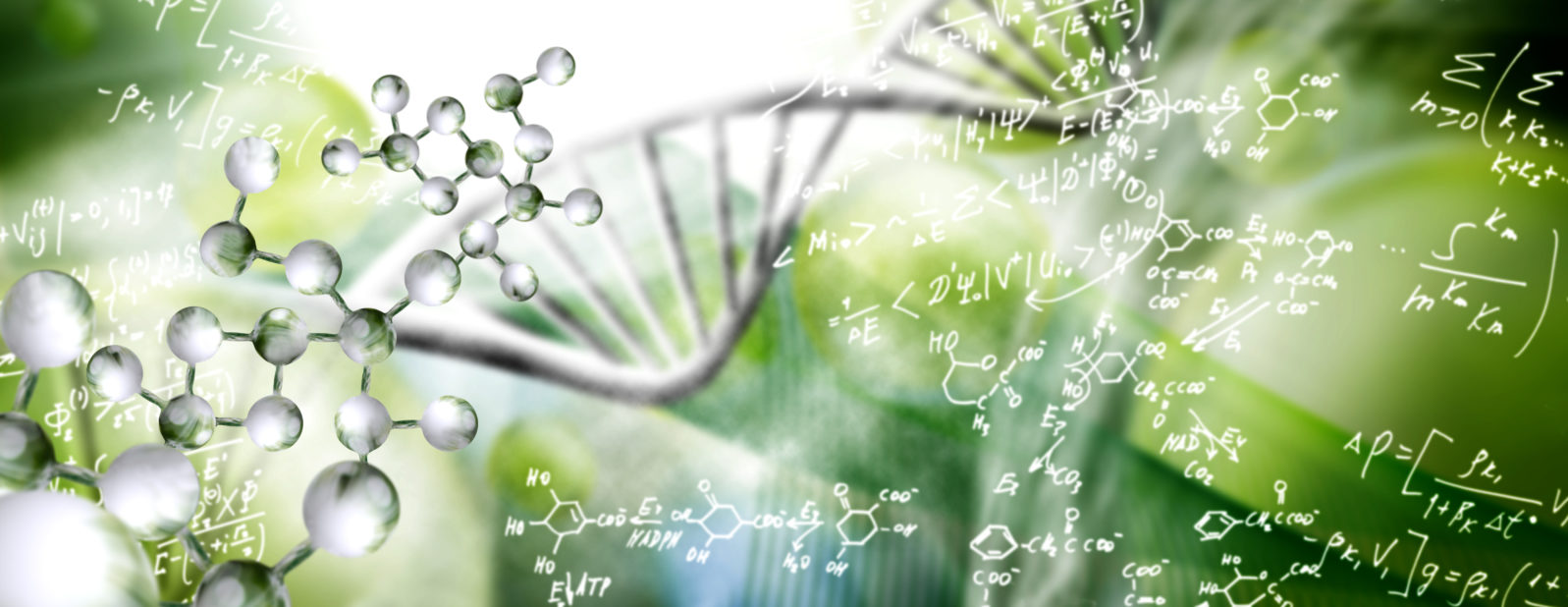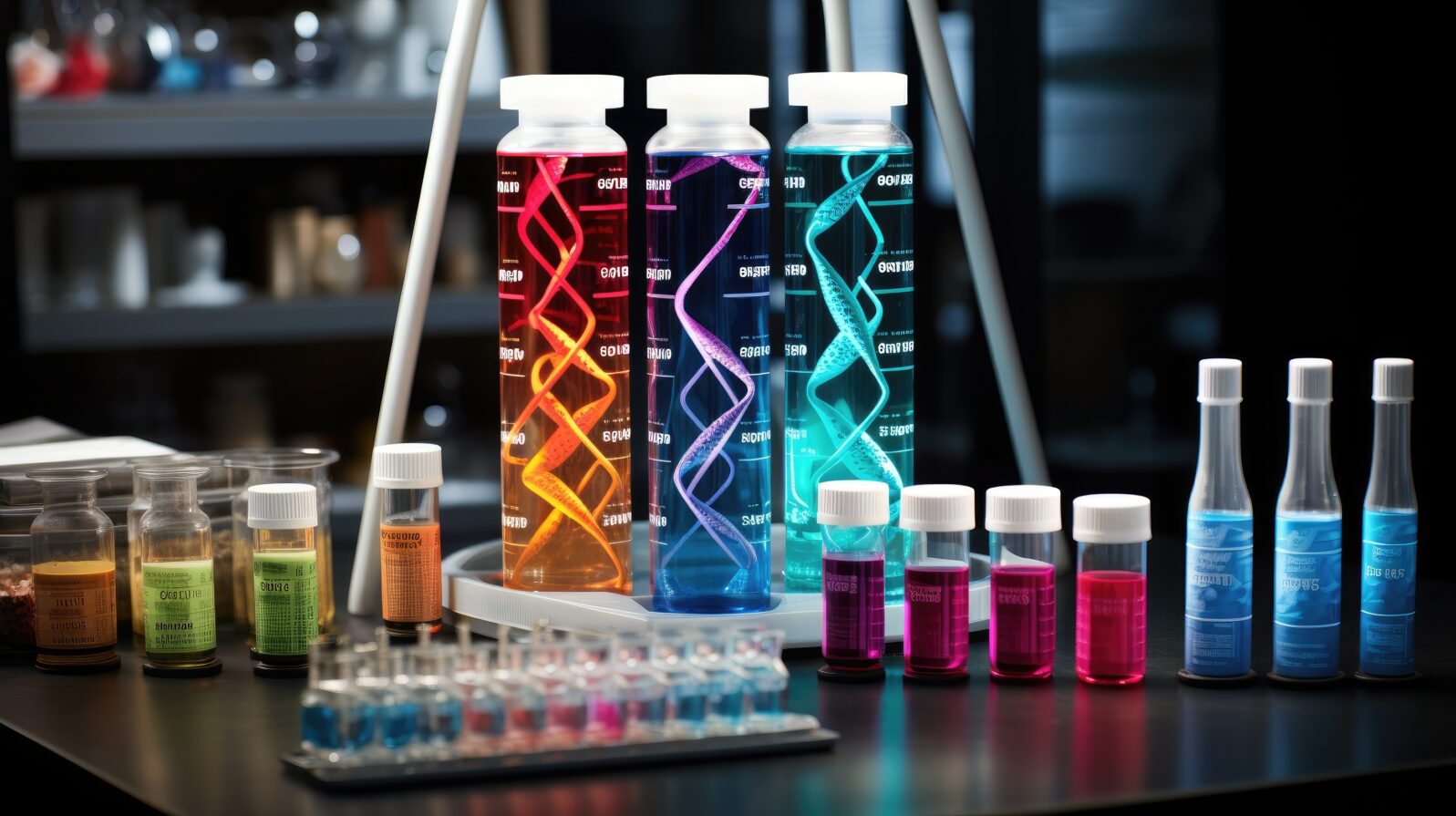Why Is 23andMe — the Hot Gene Testing Startup — Now Worthless?
Birthed in Silicon Valley among high-tech go-getters, it should still be steaming along, right? But traditional bedrock business realities cursed it at its birthEmbattled genetic testing outfit 23andMe had a customer base of 14 million for its home DNA testing kits. Thus, many of us know at least someone who has discovered a partial Mongolian, West African, or even Neanderthal ancestry via the famous “spit kit.”
The 2006 startup, birthed in Silicon Valley and riffing off the Human Genome Project (2000), had a dazzling “the future is now!” launch. The founder, Anne Wojcicki (pronounced as if “Wojisky”), was the daughter of “Godmother of Silicon Valley” Esther Wojcicki and sister of YouTube’s former CEO, Susan Wojcicki. For a time, she was married to Google co-founder Sergei Brin and had plenty of billionaire backers. Thus 23andMe raised $1.4 billion in funding.
So why has the tech unicorn fallen in value from $6 billion, when it went public in 2021, to less than a dollar a share today — with the Nasdaq stock exchange now threatening to delist it? Worse, despite 2023’s rounds of layoffs, the firm risks running out of operating cash.
Did 23andMe do something wrong? But what?
It can’t have been lack of word-of-mouth awareness or cultural capital. In 2008, Time Magazine called the 23andMe kit the “Invention of the Year.” By 2021, Forbes pronounced Wojcicki the Valley’s “newest self-made billionaire.” In 2023, along with her two sisters, she even hit the collector toy market as a trio of STEM-friendly Barbie dolls.
But by then the storm clouds were already forming…
Wojcicki says that “the problem has more to do with a downturn in the biotech sector than internal issues.” (CNN) She is probably mistaken there.
Here’s what ruined a Silicon-bright future
The single biggest problem was something very basic. Selling DNA kits is not like selling cars. If you are a descendant of Genghis Khan (and we are told that millions of people are), that’s a one-time fact. You will only have one genome throughout your life. You took the test, you told everyone who would be interested, and now what?
Wojcicki and other executives, of course, saw this coming. They sought to develop new products based on their vast gene database, including personalized gene-based health information. But the idea never really took off.
Here’s one possible reason for lack of interest: It might be worth paying US$99 for the DNA kit to find out, via cross-matching, that you have cousins in the Philippines, for relationship value. Or maybe you are 2% Neanderthal man and that might liven up a conversation. But suppose, instead, you are told that your genes give you an elevated risk of pancreatic cancer, for which there is currently no simple early detection test? You don’t know when or how it might strike. So the value of the information — apart from a guarantee of producing anxiety — is unclear.

The other thing 23andMe hoped to do was drug development, using the massive DNA database. But that puts it in direct competition with industry giants. The firm nonetheless decided to target 50 possible new drugs and two are now in early trials. But, as noted at CNN, only one in a thousand such drugs “makes it to human trials in the United States.” Meanwhile, the development can take ten to fifteen years and cost hundreds of millions, which is just what 23andMe no longer has, not the way it used to. And it doesn’t help that Wojcicki laid off half of the development team.
A third factor was doubtless the hack in October last year, in which 6.9 million users’ data — that’s nearly half the database — was stolen. The hackers reportedly put some of the information up for sale, including information about individuals’ Ashkenazi Jewish ancestry or about “a propensity for Type 2 diabetes, Parkinson’s disease or dementia” (The Conversation). Considering the uses insurance companies could make of much of this information, it looks like the harmless “cutting-edge science” conversation fad could end up exacting a high price.
“Five years ago, 23andMe was one of the hottest startups in the world,” Rolf Winkler notes at the Wall Street Journal. Maybe the message here is a simple one: High-tech hotness doesn’t, by itself, overcome all roadblocks to success. The big minus here was lack of a line of followup products that sold as well as the original one.
The very fact that human DNA is a one-off — unique and irreplaceable — turned out to be the enemy.
You may also wish to read: China is building the world’s largest global DNA database. The government violates the country’s own privacy laws in the name of security and stability. While many countries take DNA samples during crime investigations, China takes them from the public, including children at school.
